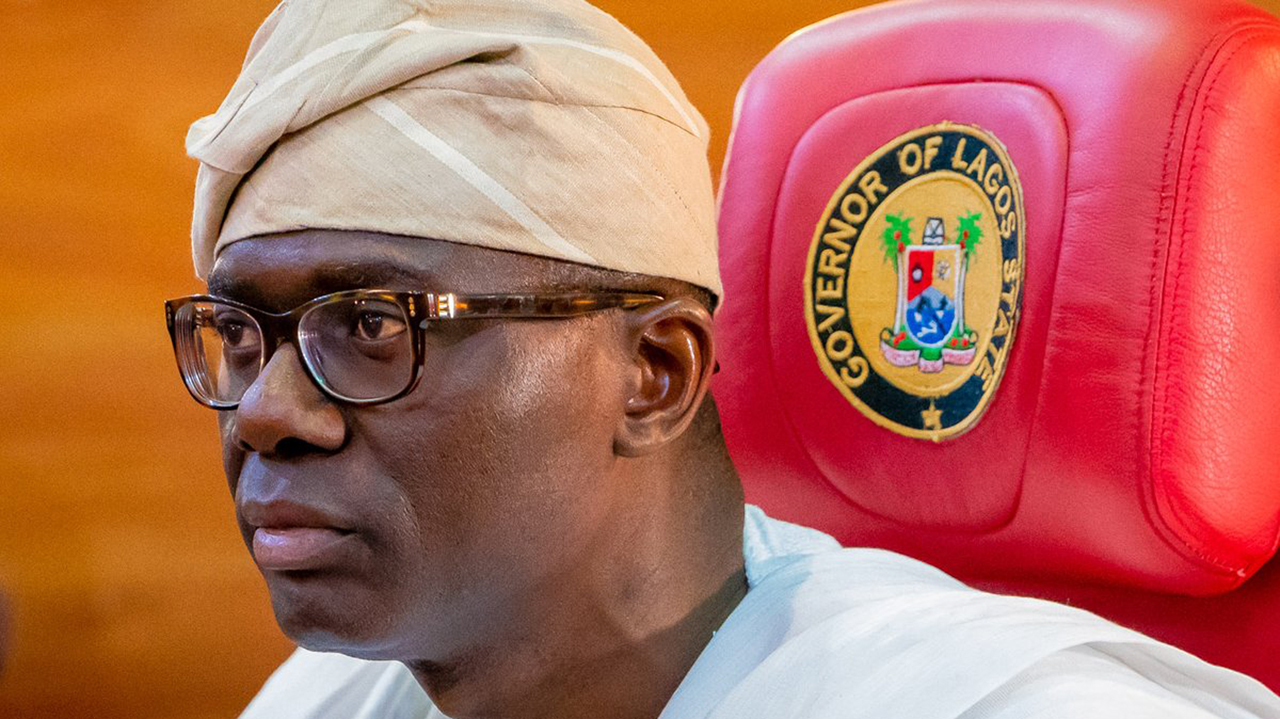Starting with Nigeria, China has been giving strategic financial assistance in several infrastructural projects.
Apart from working with Lagos State Government to provide loan and engineering assistance in the ongoing development of Lagos-Badagry Expressway, the Nigerian government recently ran into the financing ‘trap’ of China in the ongoing reconstruction of Lagos-Ibadan Expressway and so many other projects.
Only recently in Ghana, China pledged some $15 billion to fund the Ghana government’s massive economic transformation agenda, with the likelihood that a further four billion dollars would be committed for various development projects across the country.
Investigations by Business Hilights showed that the commitment by the Chinese government is based on a financing module presented by the government of Ghana, seeking for partnerships to fund its development agenda, leveraging on the utilization of a minute fraction of its untapped and proven mineral resources, instead of outright borrowing which strangulates the economy.
Vice President Mahamudu Bawumia, at the head of a high level government delegation to China, returned home on Sunday after a four-day official visit to that country with an armful of new economic agreements that are expected to kick-start the New Patriotic Party government’s ambitious plan to improve Ghana’s economic performance and fortunes.
He said “We have had some good listening as far as our visit to China is concerned…and our efforts have begun to bear fruits. China and its private sector have committed to support the economic transformation agenda of President Nana Addo Dankwa Akufo-Addo”.
“So far, the commitment that we got in China before leaving amounted to a total of $15 billion and there is a possibility that within the next month, when some discussions are concluded, another $4 billion would be added to that.”
Bawumia said the visit stemming from an invitation by the Chinese government, was used to market Ghana and the vision of the President to move the country away from aid to trade and partnerships that would lend support to his ambition to industrialise and improve the infrastructure of the country.
He was however careful in his language, saying “the delegation made a case for the enhancement of the development of partnership with China based on trade investment and not aid; a partnership for shared prosperity for the benefit of both countries, which the Chinese government and that country’s private sector found plausible”.
According to him, given Ghana’s precarious economic situation, there was need for a paradigm shift in capital funding of developmental projects, thus government is finding new ways to finance the country’s development goal, and deviate from “borrowing ourselves out of space” and seek partnerships and financing modules that would not strangulate the economy.
“Going to China, we were well aware of Ghana’s economic situation. We needed what really amounts to a big bang approach and a marshal plan for Ghana… and the kind of needs we have in the areas of water, energy, railways, sanitation, road etc, are so massive that we needed a sort of marshal plan to be able to lay the foundation for the strategy of agricultural transformation as well as industrialisation”
Ghana has a proven reserve of about 2.8 billion metric tonnes of iron ore; 160 million metric tonnes of bauxite; 430 million metric tonnes of manganese and 430 million metric tonnes of limestone, excluding gold and oil.
Vice President explained that Ghana’s bauxite reserves alone would get the country about $460 billion at current market prices and “Our case is that if we need just $20 billion to do a major massive marshal plan and we have $460 billion sitting in the ground… what we really need is to develop a financing module that utilizes a small fraction of those reserves to finance infrastructure”.
The trip also saw to the successful at renegotiating the reactivation of the remainder of the entire three billion dollar master facility that was given to Ghana under the previous administration.
One billion dollars was disbursed for the Atuabo gas plant but the remaining two billion was frozen for certain reasons and “we were able to successfully address some of the concerns and they agreed to unfreeze that amount,” Dr Bawumia said.
Just like in some ongoing projects in Nigeria, the China Exim bank also made a commitment to release One billion dollars to support Ghana’s infrastructure.
Bawumia who was in Nigeria recently to confer with the Acting President, Prof Yemi Osinbajo revealed that “We have come home and we are going to prioritize those infrastructures that would be financed by the MoU; there are many priorities and we would see which projects would go under the MoU”.
“It’s a massive show of confidence by the Chinese and it has come about because of the confidence in the President and his government and also the module that we have designed for financing the projects,” he said.
It would recalled that the Chinese government by way of grant also agreed to provide 14 million dollars to government as grant and an additional Seven million dollars for the Ghana army and also consented to the construction of 90 bridges across the country following a proposal presented by the delegation.
China also would also make good on a previous commitment to supply the Ghana navy with four patrol boats for coastal security and construct an interchange at “Point 7” in Tamale, the capital of the Northern region.
Whereas African President rush to China for cheap funding, analysts say Chinese assistance may not be coming very cheap as it may flood the economy with products that Africa has better comparative advantage and in the process frustrate local content development, thus sending the sub-Saharan Africa back to import dependency and collapse of thriving local industries after all.
Only recently, over 30 Asians made more of Chinese working for ZTE Nigeria without prerequisite documentation were arrested by Nigerian Immigration on grounds of staying beyond their business visas and operating without work permits.








